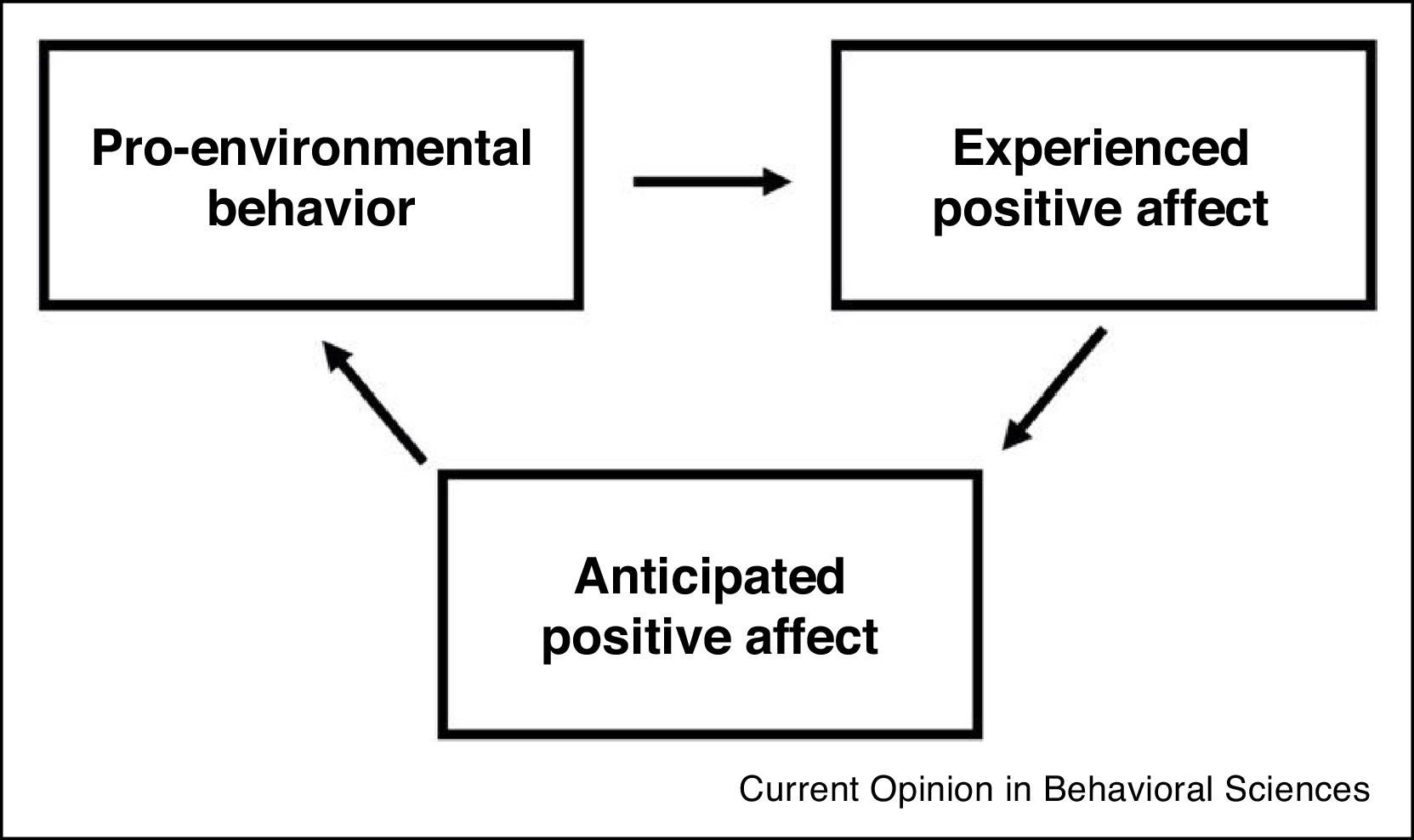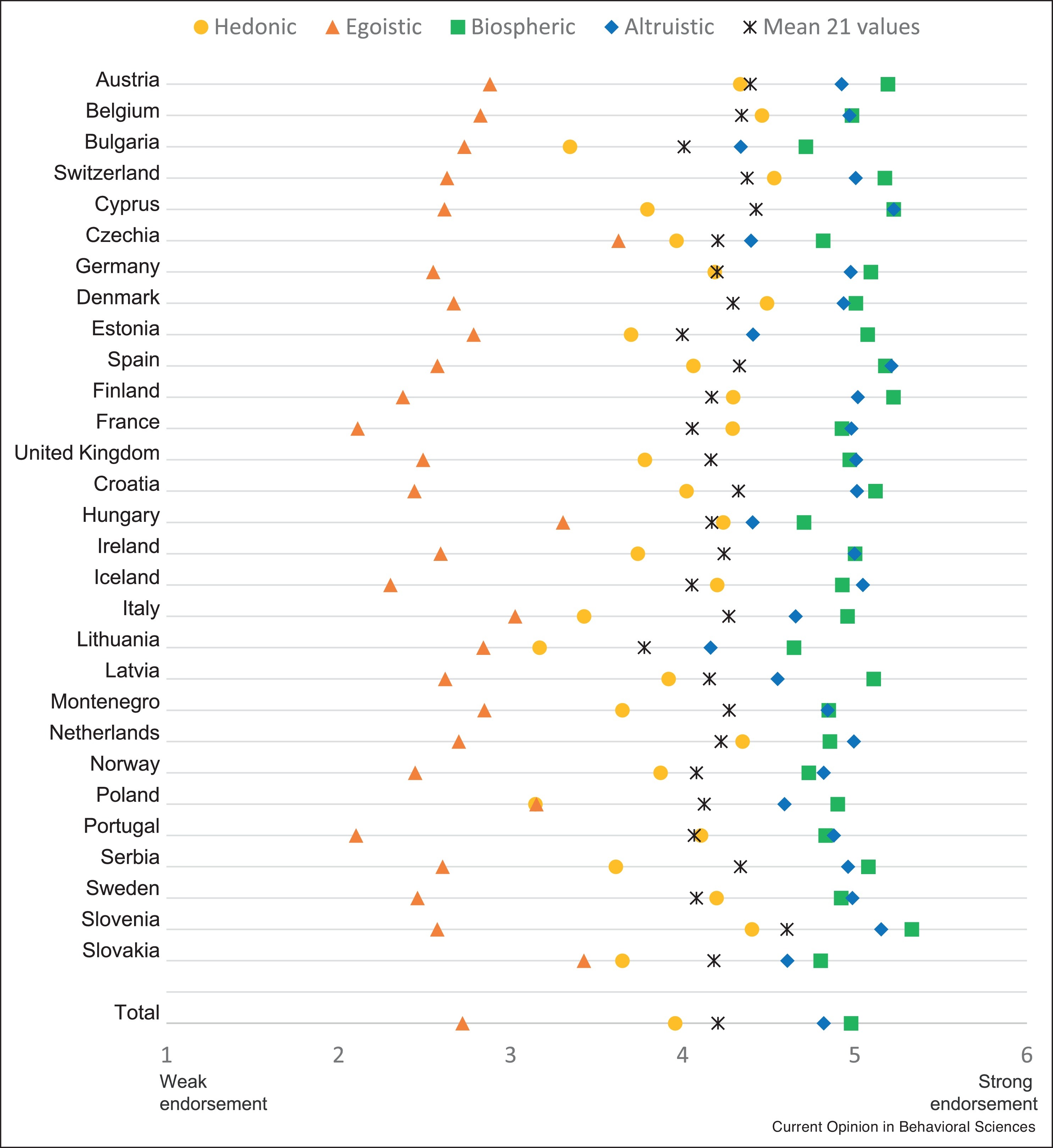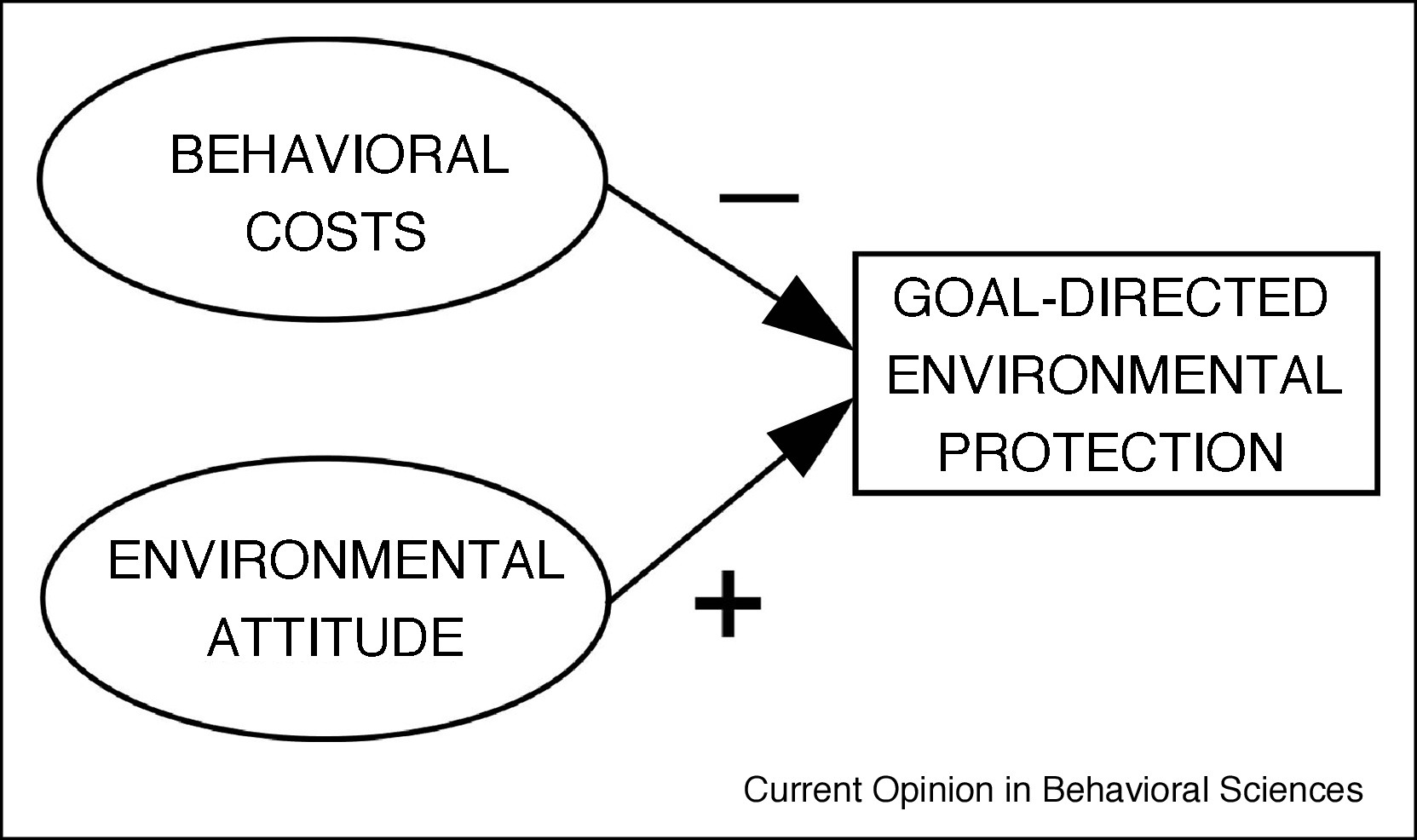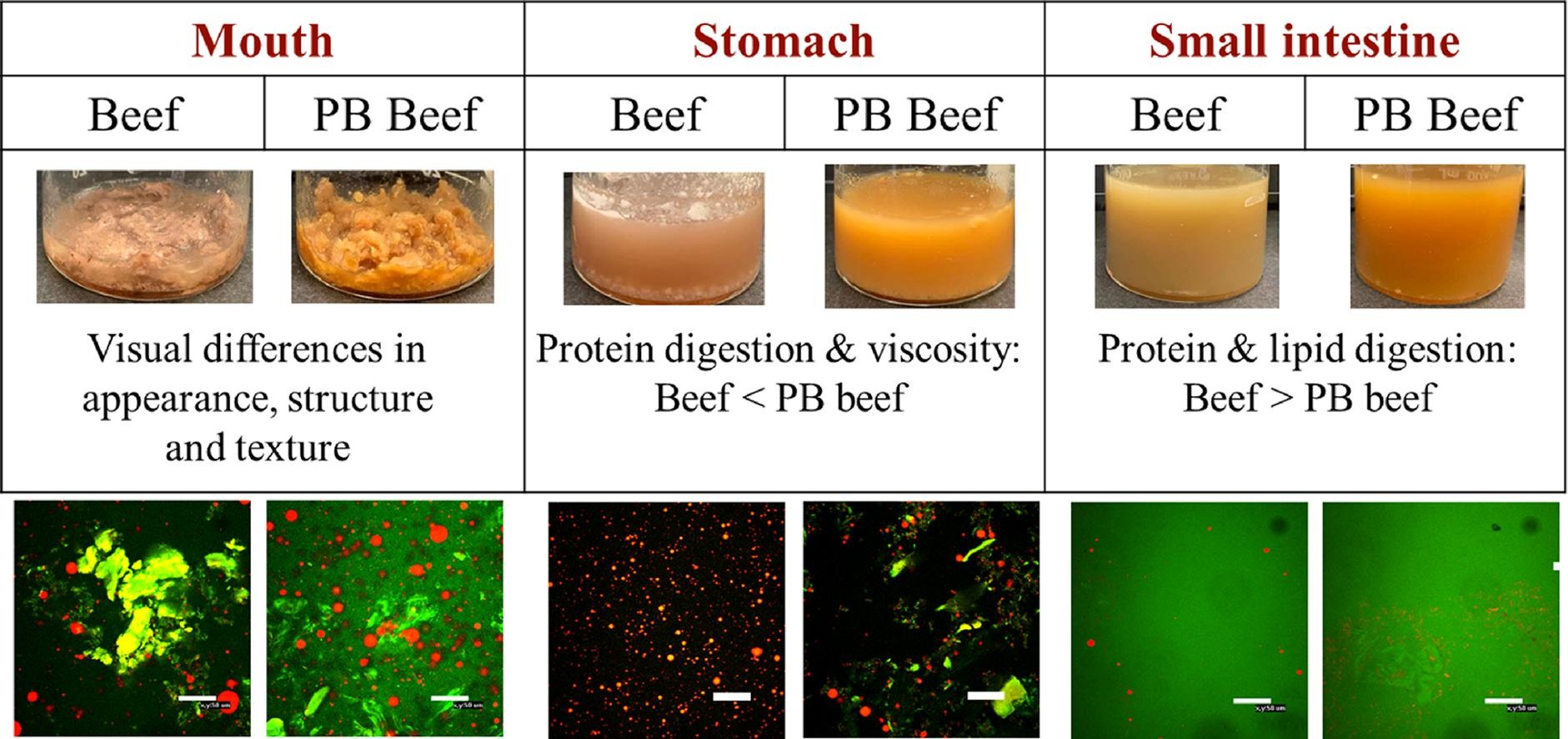With the rapid development of China's economy, it has become crucial to achieve the right balance between economic development and environmental protection. Green growth is a significant approach to addressing the relationship between economic development and the environment. Low-carbon development and ecological protection are two essential aspects of green development, and they tremendously impact enterprises' resource-based supply chain. Hence, this paper seeks to explore the revenue distribution mechanism of the resource-based supply chain in the context of green development.
Plant-based meat analogs are likely to have different gastrointestinal fates than real meat products due to differences in their compositions and structures. Here, we compared the gastrointestinal fate of ground beef and ground beef analogs using the INFOGEST in vitro digestion model, focusing on differences in microstructure, physicochemical properties, lipid digestion, and protein digestion in different regions of the model gut.
The global market for plant-based foods intended as alternatives to cheese products is increasing and will reach almost $4 billion by 2024. In this study, an evaluation of the composition, structure and physicochemical properties of four commercial plant-based block-style products was conducted, with results compared with those for Cheddar and processed cheeses. The plant-based products had considerably lower protein contents (0.11–3.00%) compared to the Cheddar and processed cheeses (25.04 and 18.50%, respectively).
By the year 2019, the number of people without access to electricity was 770 million, most of which lived in rural areas. The currently models for rural electrification are often limited in their electrical analysis, or focus on a idealistic optimal solution whilst ignoring the real hierarchical topology of power systems. This work proposes a rural electrification strategy that makes use of Geographic Information System (GIS), graph theory and terrain analysis to create the best electric network topology.
The mounting research on consumer behavior and climate change is gradually improving our understanding of effective ways to mobilize consumers to mitigate climate change. The relationship between consumer behavior and climate change is complex and most consumers are not capable of determining which behavior changes are worth doing. Research has come a long way identifying the most impactful behavior changes, but more research is needed to refine and situate these insights.




